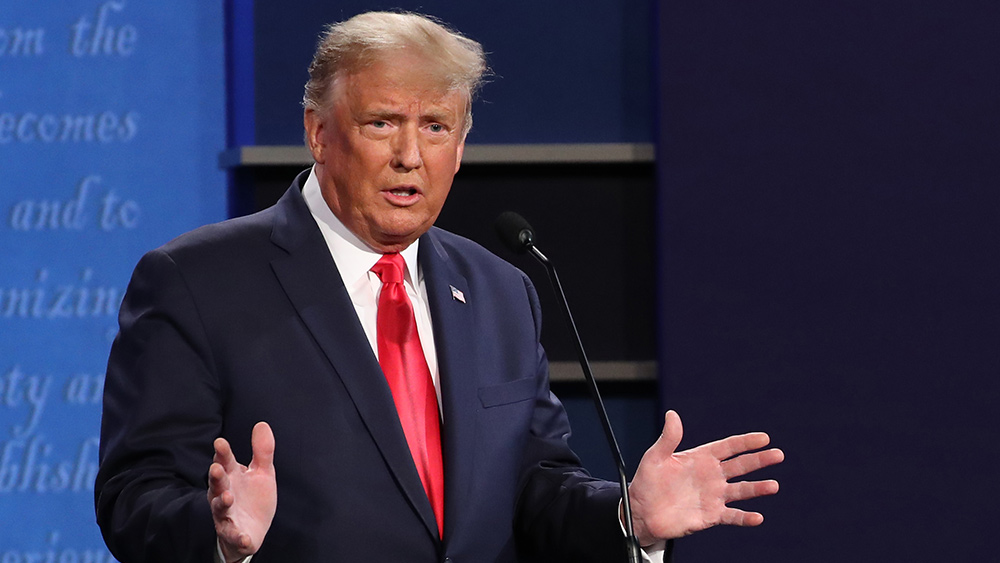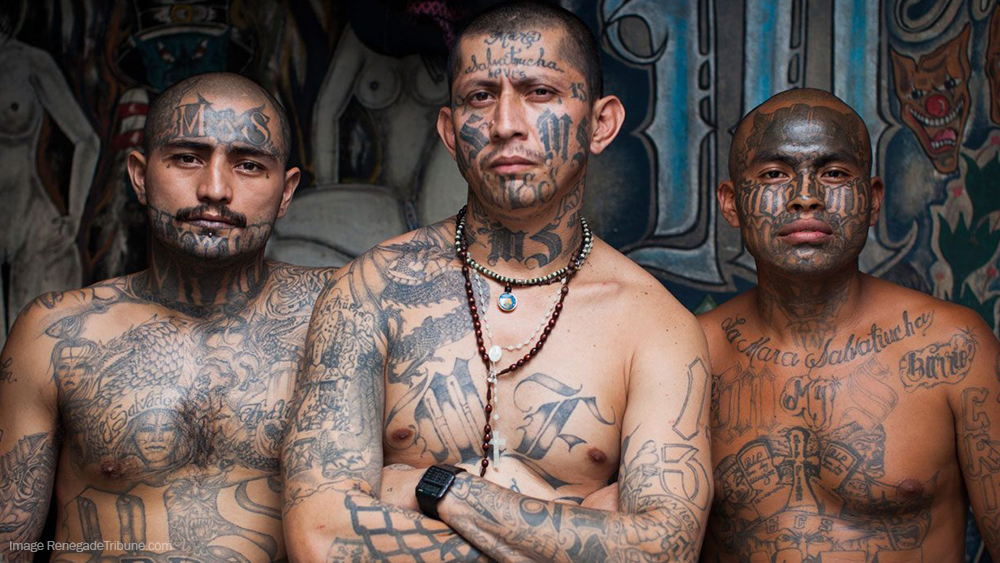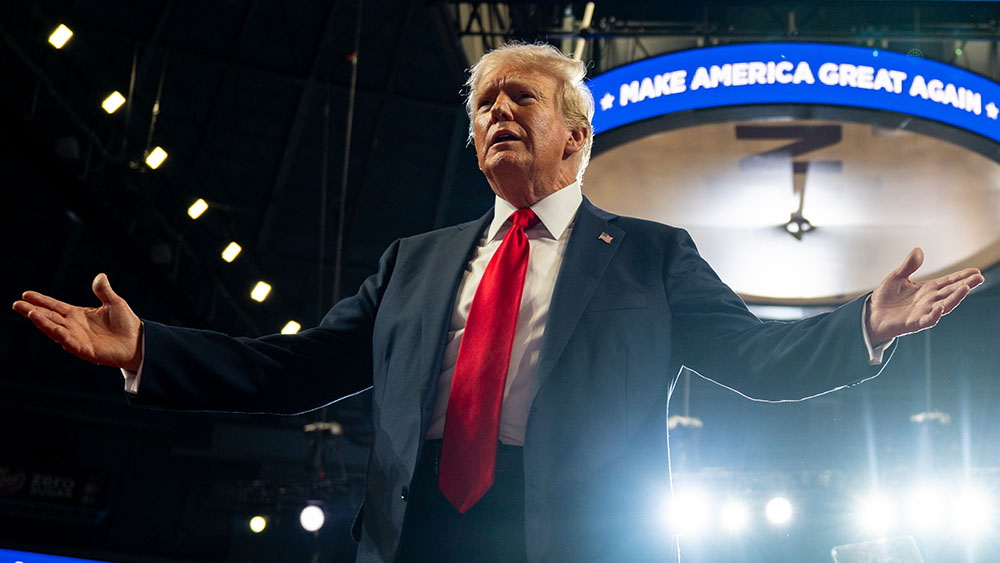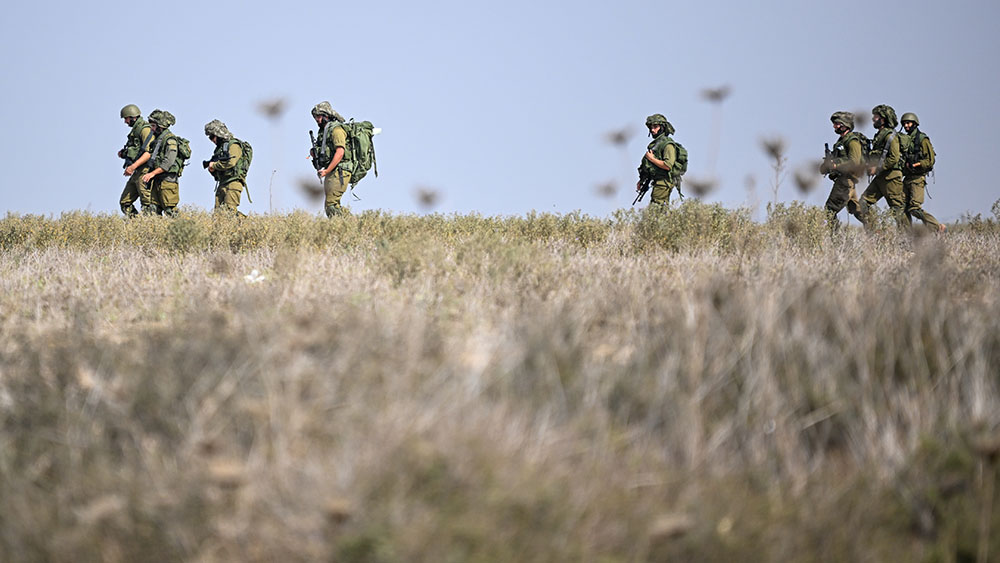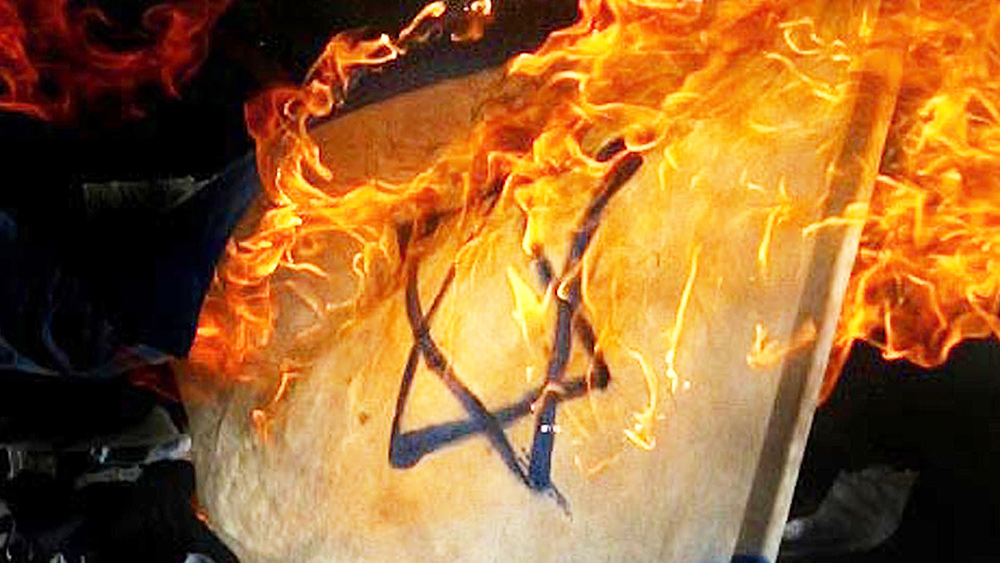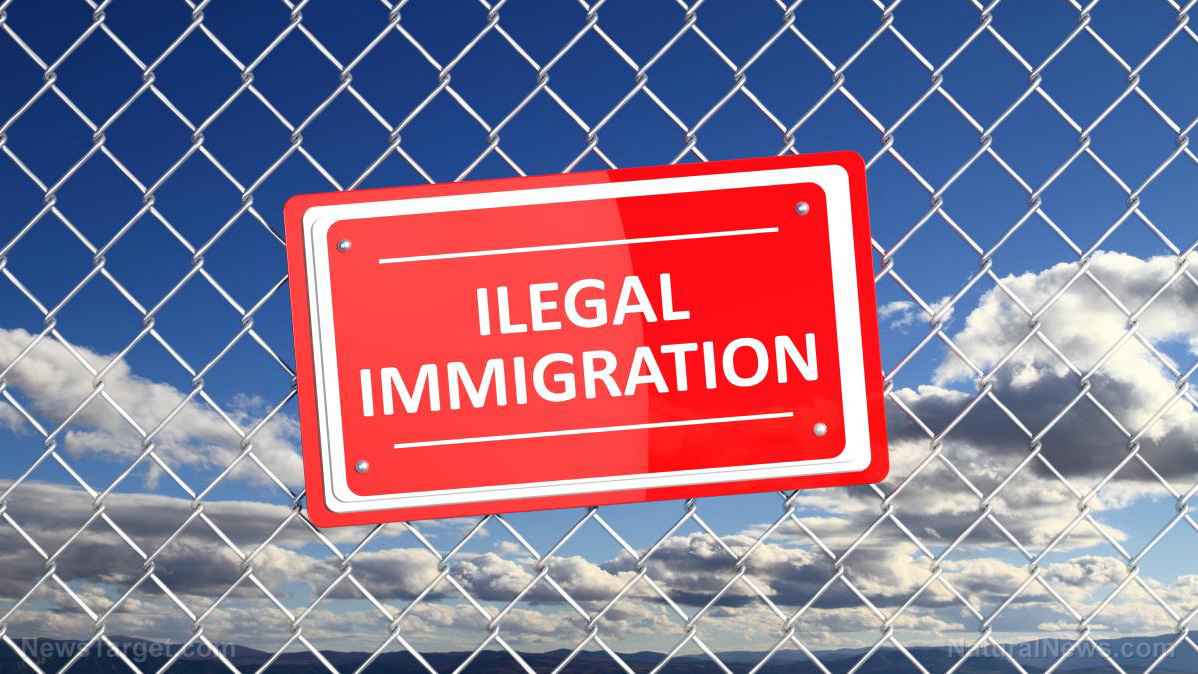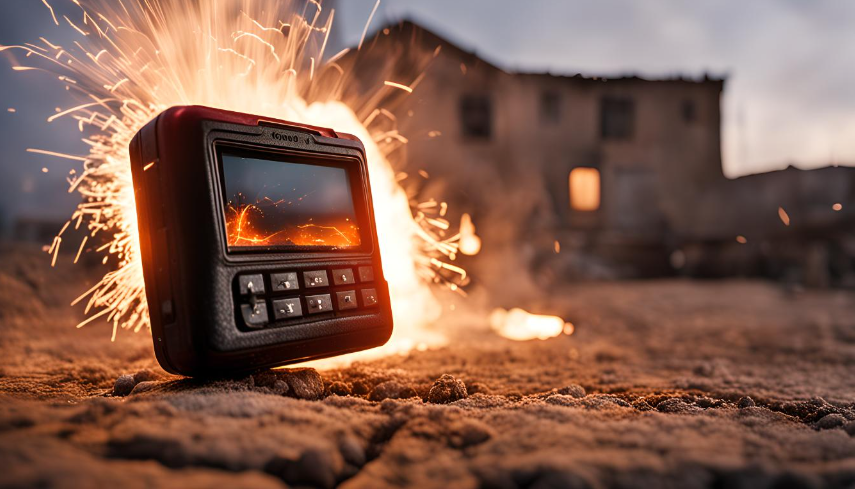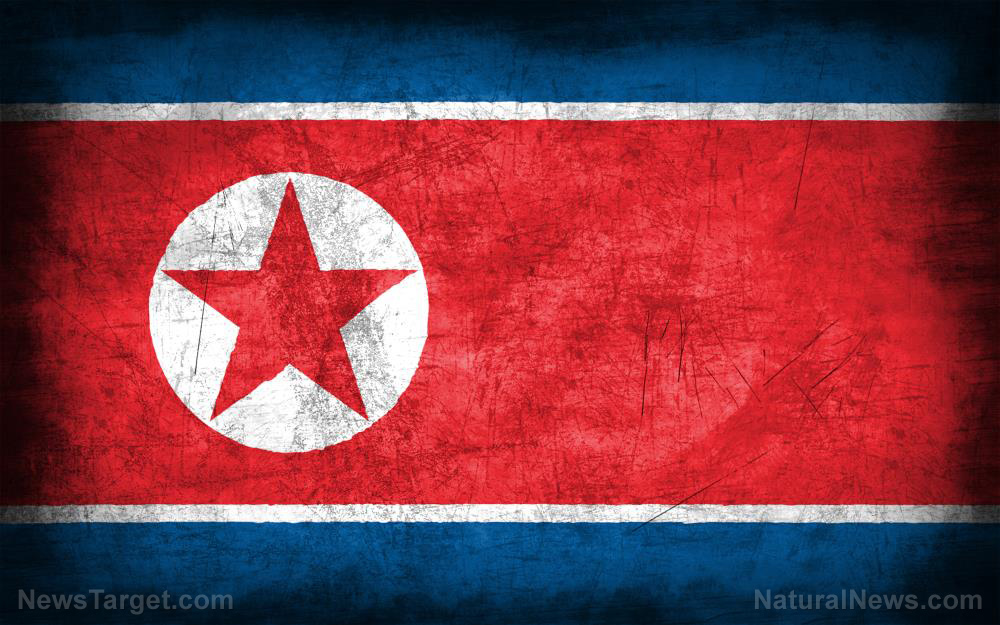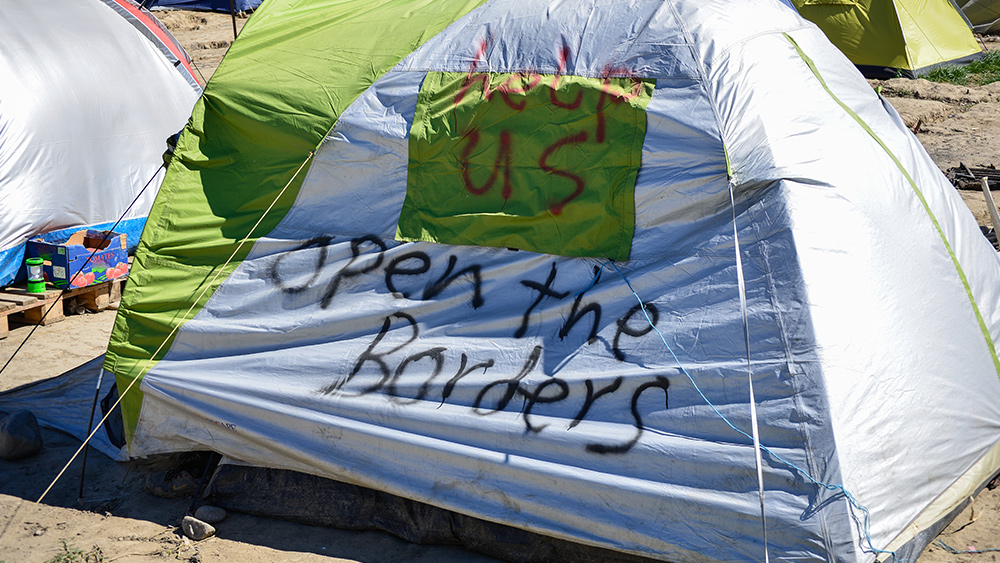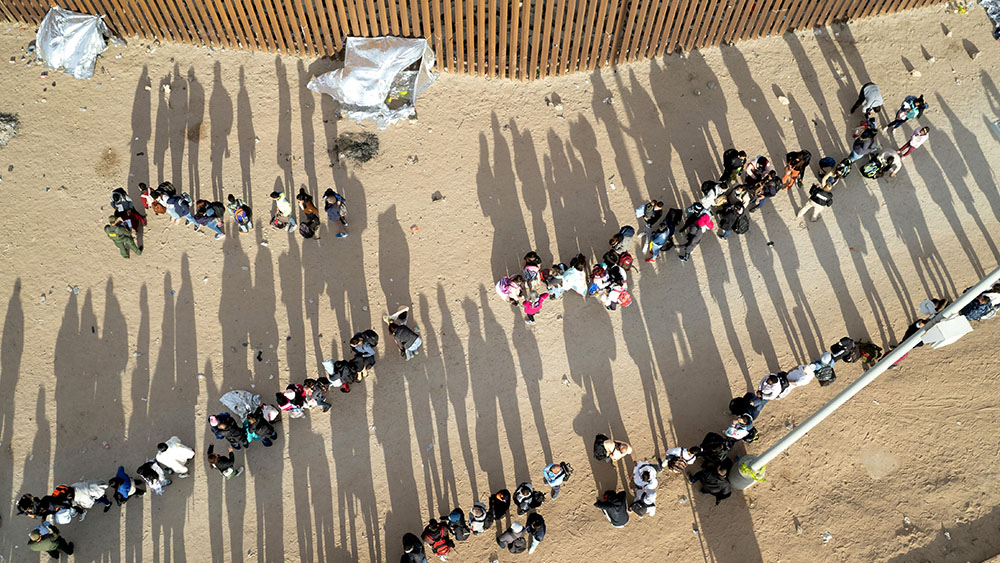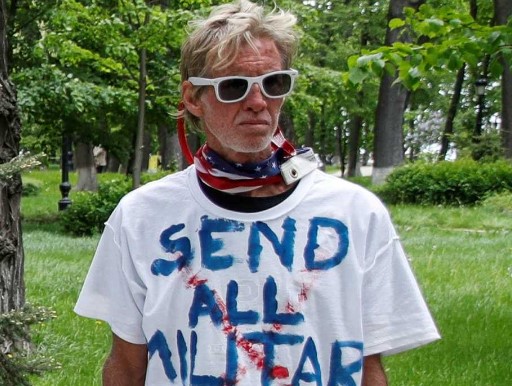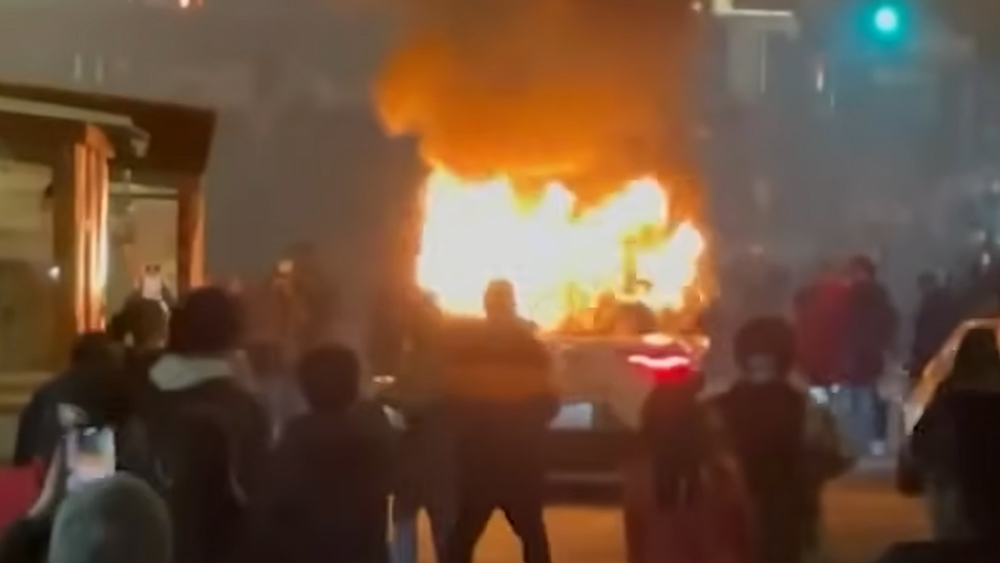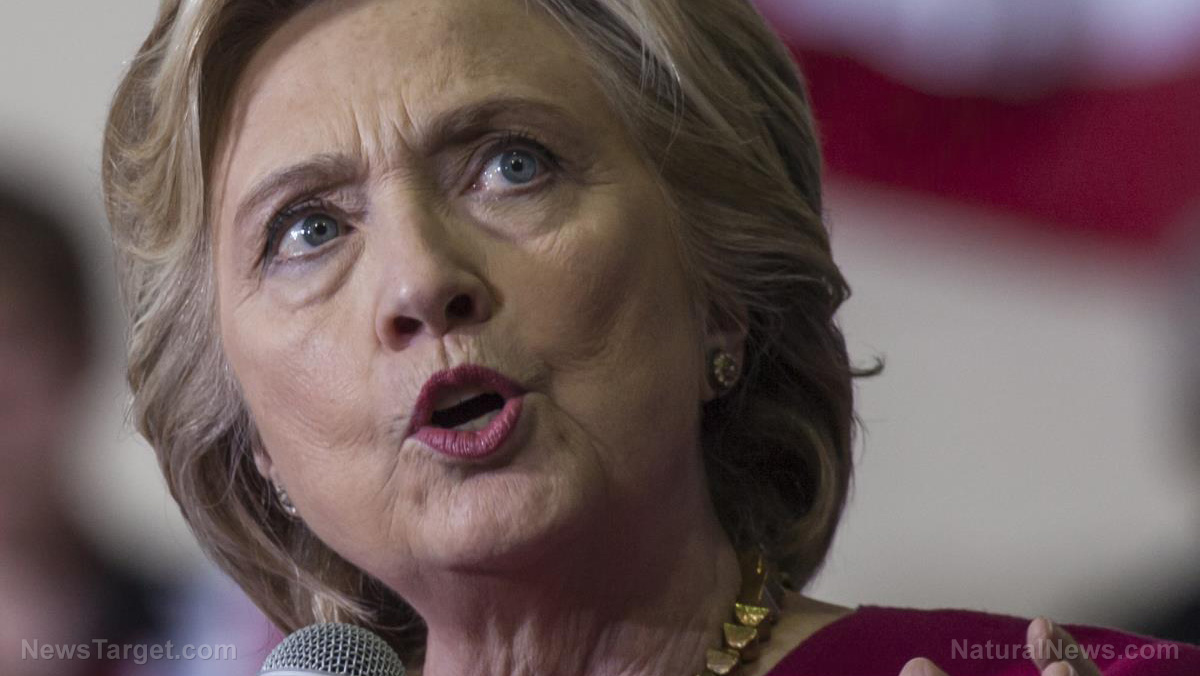House unanimously passes bill to ENHANCE Secret Service protection for presidential candidates
09/24/2024 / By Ava Grace
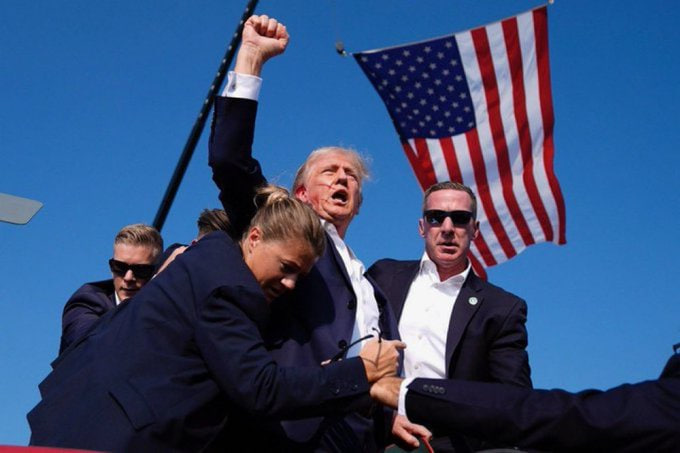
The House of Representatives has unanimously passed a measure to enhance Secret Service protection for presidential candidates in U.S. elections.
On Sept. 20, the lower chamber of Congress voted 405-0 to pass HR 9106 – formally titled the Enhanced Presidential Security Act (EPSA). The legislation seeks to standardize protection measures for presidents, vice presidents and major presidential and vice presidential candidates. It mandates the Secret Service director to apply consistent protection standards, ensuring that security details for candidates are on par with those of incumbents.
Republican Rep. Mike Lawler and his Democratic colleague Rep. Ritchie Torres, both from New York, introduced the EPSA on the House floor. They introduced the bill following two assassination attempts targeting former President Donald Trump in July and in September.
Following the House’s approval, the bill will now move to the Senate for consideration before heading to President Joe Biden’s desk for either his signature or a veto. However, HR 9106’s fate in the Senate remains unclear, in part because many Democrats in the chamber have provided to the enhanced security already in place for Trump.
“It’s unacceptable that now we’re at two assassination attempts on [former] President Trump,” House Majority Leader Steve Scalise (R-LA) said in a press release, emphasizing the bill’s urgency. “The Secret Service has to provide the same level of protection for presidential candidates as for presidents so that something like this doesn’t happen a third time.”
“The future of our country is at stake. Political violence has no place in our country. But when it does rear its ugly head, we must ensure we’ve done everything possible to prevent it from being successful.”
Secret Service protection for Trump wasn’t bolstered after first assassination attempt
Scalise, himself a survivor of an assassination attempt in 2017, recounted the Sept. 15 assassination attempt on the former president. Would-be shooter Ryan Wesley Routh camped outside the Trump International Golf Club at Florida’s West Palm Beach for 12 hours, lying in wait for his chance to take out the former president.
A Secret Service agent fortunately spotted Routh and fired shots before the would-be assassin could pull the trigger. Routh managed to escape, but was later apprehended.
The Secret Service came under criticism for its failure to protect Trump on July 13, when Thomas Matthew Crooks shot him from an unsecured rooftop in Butler, Pennsylvania. While the former president suffered a grazed right ear, former fire chief Corey Comperatore was killed and two others were injured.
“After the failure to protect [former] President Trump from an attempted assassination [in] July … you would think that security would have been tightened enough to prevent another gunman from getting close enough to threaten the life of a presidential candidate,” Scalise said. “Unfortunately, that was not the case.” (Related: Secret Service to shield Trump with bulletproof glass at outdoor events following assassination attempt.)
Meanwhile, U.S. Secret Service Acting Director Ronald Rowe reiterated that his agency “moved to increase assets to an already enhanced security posture for the former president.” He made this remark during a Sept. 16 briefing. Rowe took over from his predecessor Kimberly Cheatle, who stepped down in the aftermath of the first assassination attempt against Trump.
“In the days that followed, President Biden made it clear that he wanted the highest levels of protection for former President Trump and for Vice President [Kamala] Harris. The Secret Service moved to sustain increases in assets and the levels of protection sought, and those things were in place [on Sept. 15].”
Watch this video of “The Alex Jones Show” featuring the Health Ranger Mike Adams as guest host, in which a Secret Service whistleblower alleges that the agency stood down during the Sept. 15 incident.
This video is from the Rick Langley channel on Brighteon.com.
More related stories:
Sources include:
Submit a correction >>
Tagged Under:
assassination attempt, big government, Congress, crime, Donald Trump, Enhanced Presidential Security Act, House of Representatives, HR 9106, Mike Lawler, national security, presidential candidates, presidential security, progress, Ritchie Torres, Ryan Wesley Routh, Secret Service, security detail, shootings, steve scalise, Thomas Matthew Crooks
This article may contain statements that reflect the opinion of the author
RECENT NEWS & ARTICLES
COPYRIGHT © 2017 NATIONAL SECURITY NEWS


